Featured 2

Ashraful Alam, better known as “Hero Alam”, an independent candidate contesting the Dhaka-17 by-election, was physically assaulted while leaving a polling center in Banani on July 17, 2023. Photo: UNB
Two reasonably parallel but occasionally interloping spaces exist in our political world. One is with politicians who basically give speeches and the other is with social media personalities. It's not easy to say who is more powerful but that there is competition is certain. And professional politicians aren't necessarily winning. Time for transition and merging is on.
Professional and social media
One doesn't have to pay exclusive attention to professional media because they also derive their significant influence from social media presence. Many media personalities are visible on TV which again is distributed by social media. TV today is increasingly social media based.
Online media is also split along two or even more groups. There are some online portals which are officially news media outlets. They don't have any paper existence. They try to be "mainstream professional" but clout is determined by social media views.
Then there are FB/YT/ etc based TV channels which exist in a half formal half informal world, partly professional partly opportunistic. They also produce personalities including political ones.
And then there is the exclusive FB and YouTube based media outlets, chat shows and independent voices and FB lives. Together they are part of a world that in terms of influence is higher than others.
So where is professional politics now?
The politicians have become limited to TV Talk shows where professional politicians have to share space with commentators, many of whom wear just as well known faces as theirs. This makes the political opinion making process a mixed one, not exclusive to politicians. Just as the form is not exclusive, the content is also varied. They may form some very broad outlines but political significance is now determined by all kinds of faces from different worlds.
Once everything was a "birat jonosobha" where the politician communicated with the people directly but that phase is over. It was in a time where "Call ready" brand mikes mattered most in politics. The image of the politician be it Sk. Mujib or Maualana Bhashani without the mike addressing massive rallies at Paltan Maidan would be impossible to imagine.
These occasions were also big because communication opportunities were fewer. But it's precisely the opposite that exists now. There are endless opportunities and spaces and everyone chats with everyone all day. Digitalization has expanded the political space in every way and it has transformed the political space as well as the politicians.
In today's political world of Bangladesh, mass rallies are held but they have symbolic value. There is no call to battle type of slogan, no declaration that shapes the future. The decline of physical politics is obvious. In fact such calls are made every day on social media making resistance and movements a digitally dominated discussion.
The shape of current politics
What survives in the name of street politics is confrontation and violence rather than political encounters such as debates and elections. While the AL and the BNP both try to outdo each other in comparing their rally sizes, the fact remains that it's not where the impact is made the most. Today social media reaches out to all shaping and strengthening not just the activists but the ideas of many lesser beings, who scrolling through social media are getting digitally involved in politics regularly. It's "Politics from Home" days now.
People professionally tracking social media say that, while many go to social media, not all believe in it. This is true but millions do and the doubters and thinkers who were influential are minorities now while the proverbial herd of public opinion is in social media's control.
Hero Alam and Arafat
If one were looking for any example on the link between social media and politics, none is better than the two leading contenders for the recent Dhaka election. Both Arafat and Hero Alam are products of social media largely. Their spaces differ as Arafat is the pro-AL professional intellectual, defending the cause of the ruling party. He does so articulately so the AL crowd follows him and concurrently, the BNP + crowd hates him. But he has no track record in a past political life and is not connected to any AL family member but is very seriously taken as their mouthpiece. on the digitals screen. He was largely birthed by social media.
Hero Alam is an even bigger presence whose risé -again courtesy of social media - was also bereft of a political past which began only when he entered politics using his entertainment related activities. His political ideas and plans hardly matter as he is basically a very recognizable face who has become a counter- elite of sorts and not just a political one. However, in the end, both have a brand and that can be traced to social media.
They are not the only faces that we know but will know in future politics. Political stars are no longer being produced by the part system alone. Social media has begun to redo the face of politics itself and decide who will live there.






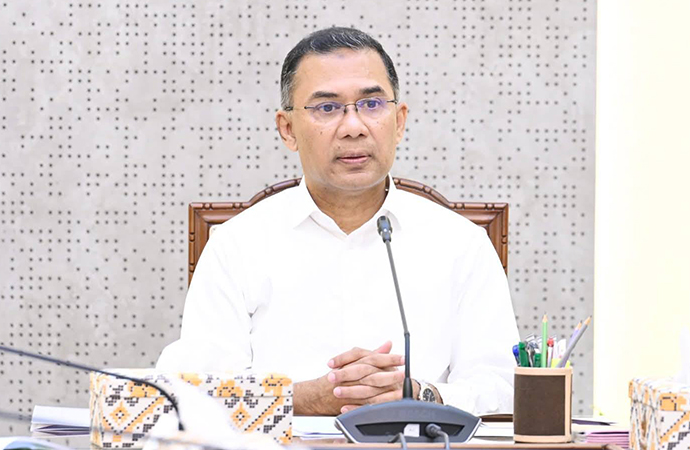
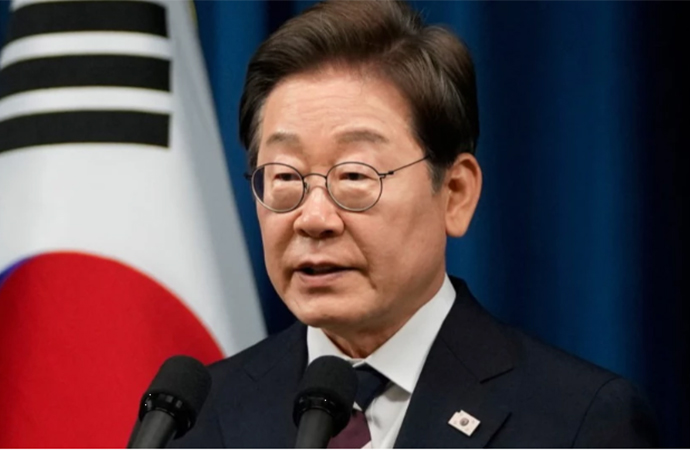
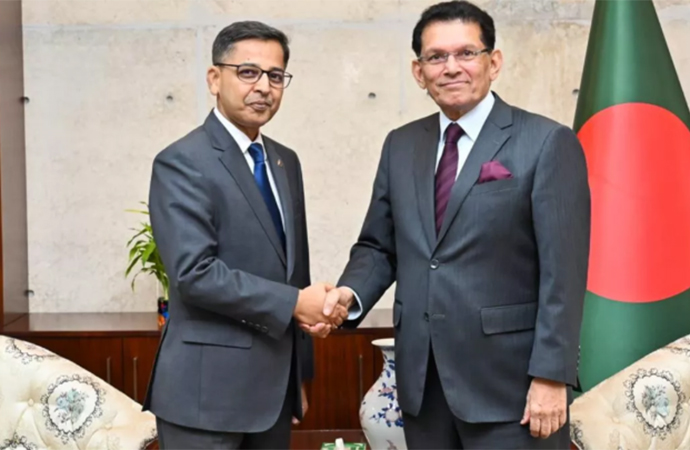
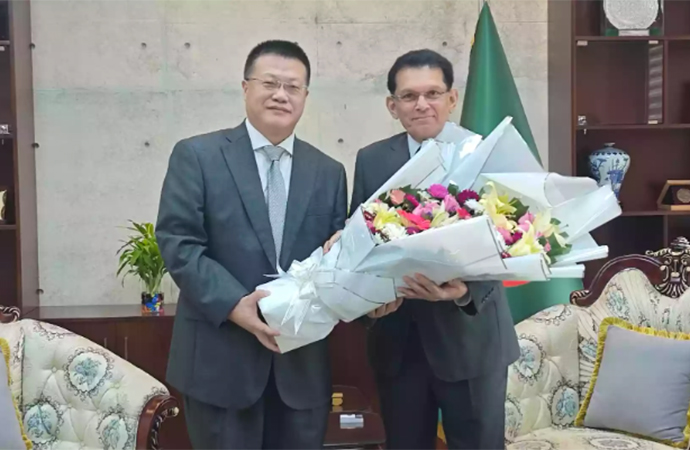
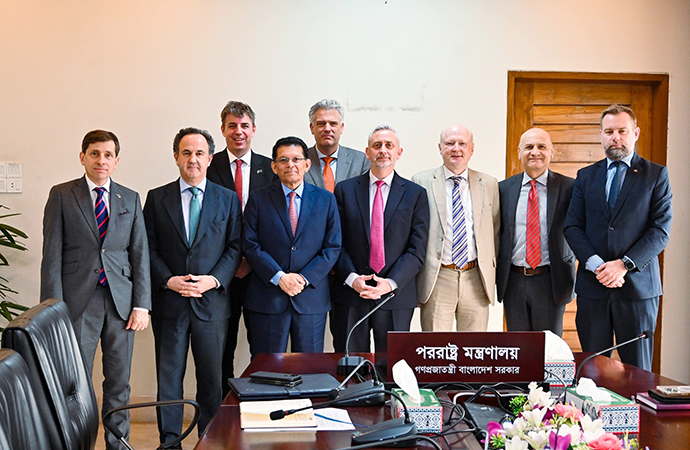
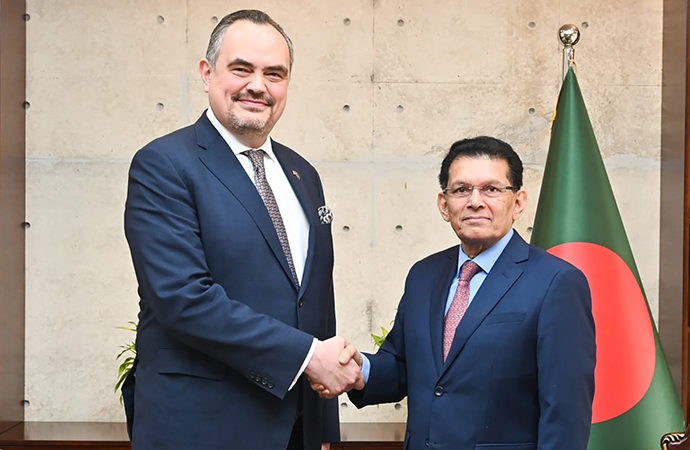













Leave a Comment
Recent Posts
Bangladesh’s first drought-res ...
In a groundbreaking development for Bangladesh’s agriculture, Ga ...
US and Iran hold another round ...
Iran and the United States were holding another round of indirect talk ...
An early hiccup for the new government?
Japan invites PM Tarique, eyes cooperation with Bang ..
Bangladesh to achieve sustained growth, prosperity u ..
Dhaka indicates ‘forward looking, balanced partnersh ..